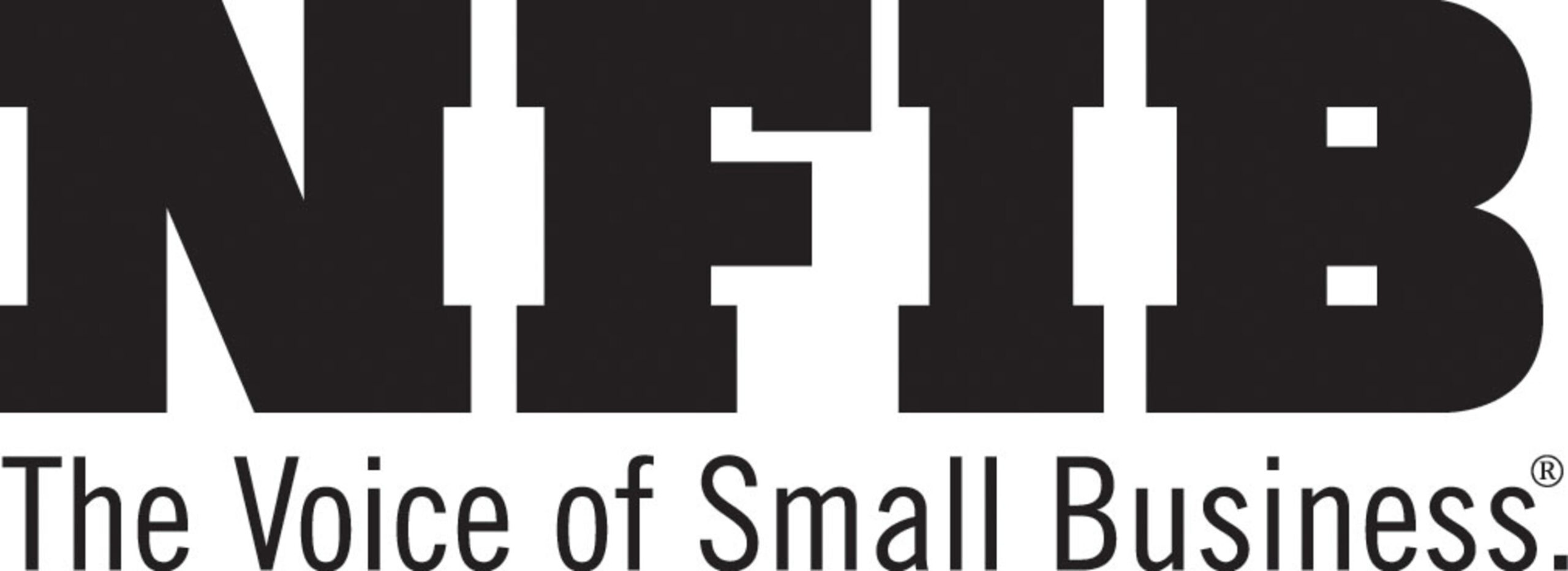Jobs
NFIB Jobs Report finds growth stalls on Main Street

As concerns with labor quality persist among America’s small businesses, the NFIB’s August jobs report found that 40% of small business owners reported job openings they could not fill in the month.
Labor quality, which the NFIB said small businesses identified as their top operating problem, rose two points from July to 21% and to the highest level since January of this year.
The National Federal of Independent Business’ findings were based on NFIB’s survey in August of a random sample of 590 of its members nationwide. Citing employment data from the U.S. Bureau of Labor Statistics (BLS), the NFIB report said 114,000 jobs were created in the U.S. economy in July, which was a decline from June. Revisions to the May and June estimates total 29,000 lower. The unemployment rate rose to 4.3% in July.
“Job openings on Main Street remain historically high as small business owners continue to lament the lack of qualified applicants for their open positions,” NFIB Chief Economist Bill Dunkelberg said in the national release. “Owners have grown understandably frustrated as attempts to fill their workforce repeatedly stall and cost pressures continue to rise.”
Both the state directors in Iowa and Illinois echoed his sentiments.
“The latest NFIB Jobs Report highlights the urgent need for skilled labor in Iowa,” NFIB Iowa State Director Matt Everson said in Iowa’s news release. “We must work collaboratively to equip our workforce with the necessary skills to meet the demands of our small businesses, ensuring they can thrive and grow in our communities.”
Workforce challenges
Finding qualified workers also remains a challenge for Illinois’ small businesses, NFIB Illinois State Director Noah Finley said in his state’s news release. “This past spring, NFIB supported legislation in Springfield to identify the state’s current job-training and workforce-development programs so that Illinois can be more effective in preparing workers for a 21st century economy.”
According to the NFIB report for August, 62% of small business owners reported hiring or trying to hire in the month, which was up five points from July. A total of 56% of owners (90% of those hiring or trying to hire) reported few or no qualified applicants for their open positions. While 31% of owners reported few qualified applicants and 25% reported none.
Of the survey respondents, 36% have openings for skilled workers (up four points) and 15% have openings for unskilled labor (down one point).
Job openings in construction were up five points from July and over half of them (60%) have a job opening they can’t fill. Job openings were the highest in the transportation, construction, and manufacturing sectors, and the lowest in the agriculture and finance sectors.
A seasonally adjusted net 13% of owners plan to create new jobs in the next three months, which was down two points from July.
Labor cost reported as the single most important problem for business owners was unchanged at 9%, or four points below the highest reading of 13% recorded in December 2021.
Compensation rose
Seasonally adjusted, a net 33% of small business owners reported raising compensation in August, which was unchanged from July and the lowest reading since April 2021.
A net 20% (seasonally adjusted) plan to raise compensation in the next three months, up two points from July.
Click here to view the entire NFIB Jobs Report.
The study also indicated the Department of Labor reported for the past year (12 months ended in March), job creation was overstate by 818,000 workers, which NFIC said is consistent with owners’ reports of frustrated attempts to hire and fill open positions.
Overall, the economy is slowing and will report waker private sector growth in the coming quarters, the NFIB report said.
For 80+ years, the organization has been the voice of small and independent business owners, both in Washington, D.C., as well as across all 50 state capitals. NFIB is nonprofit, nonpartisan, and member-driven and remains exclusively dedicated to small and independent businesses. For more information, please visit nfib.com.









